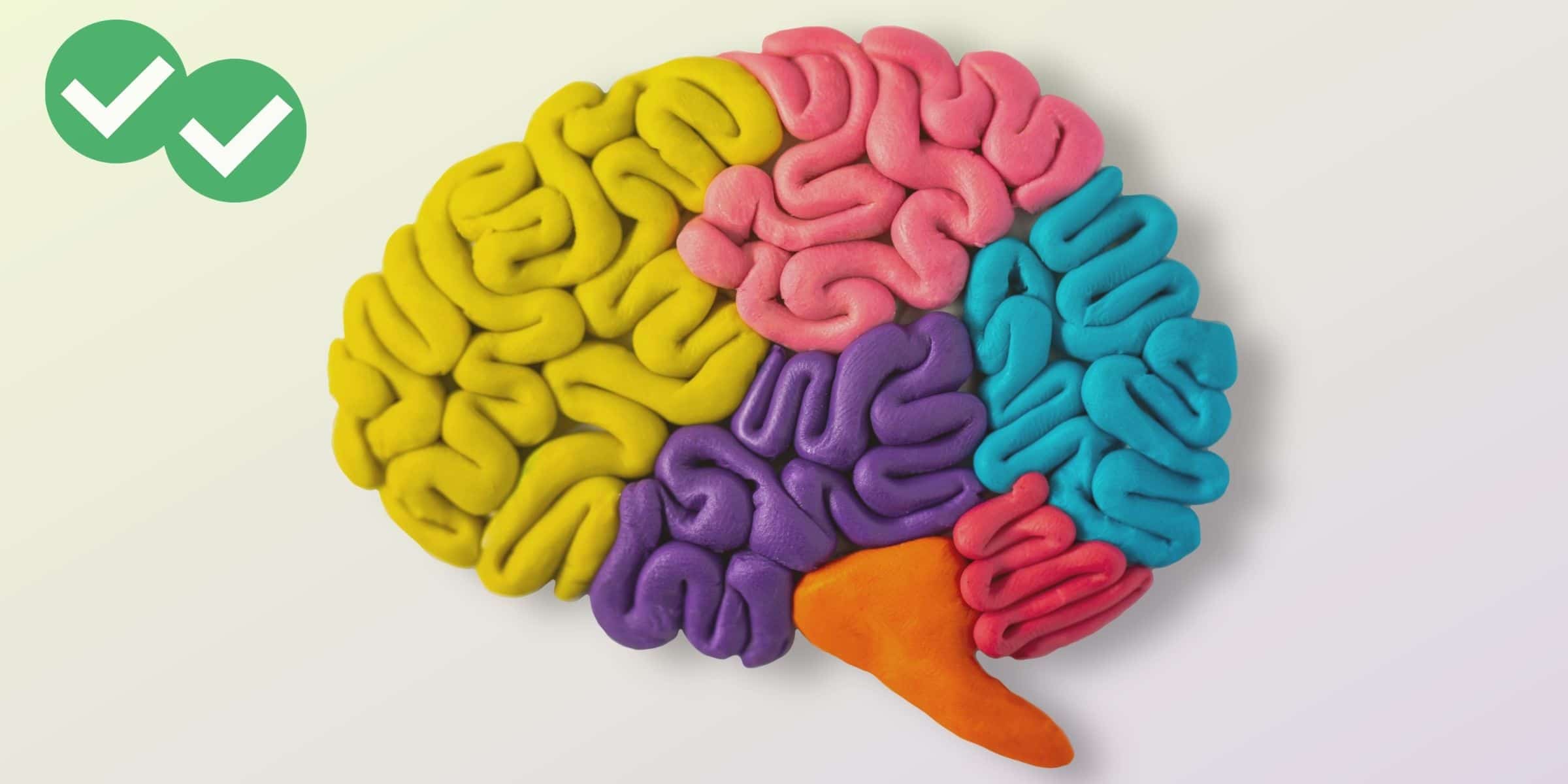Welcome back to TOEFL Tuesday!
This Tuesday we’re going to look at three words, but with six meanings. Each verb below has a meaning as a noun and another as a verb. The different meanings may be related, but some of them might surprise you!
Attribute
First, note that there are two pronunciations of this word. When it’s a noun, the first syllable is stressed: ATTribute. When it’s a verb, the second syllable is stronger: atTRIBute. Watch the video to hear those differences!
“An attribute” (as a noun) is a feature, a characteristic. In other words, an “attribute” is a noticeable part of something. We use attributes to describe people, places, and things.
- Example 1: My most noticeable physical attribute is my red hair.
- Example 2: The students who grow the most all share one attribute: they want to learn from their mistakes.
The verb, on the other hand, is quite different. “To attribute” means that you identify the cause or creator of a specific situation.
- Example 1: I attribute my red hair to genes from my great grandparents.
- Example 2: America’s economic success can be attributed partly to the large size of the country.
Feature
Did you notice that this same word was used in my definition of “attribute”? They share a meaning! Specifically, they share a meaning when they are nouns.
We’ll skip example sentences for the noun “feature,” because you can simply replace “attribute” in those example sentences above.
Unlike “attribute,” the verb meaning of feature is both pronounced the same as the noun and has a closely related meaning. That is, “to feature” means, simply, to have as a noticeable feature.
- Example 1: Famous historical paintings often feature wealthy women.
- Example 2: The iPhone 6 features smooth, rounded edges.
Compound
This word follow a similar pronunciation pattern to “attribute.” The noun is stressed on the first syllable (“COMpound”), but the verb is often stressed on the second syllable (“comPOUND”). Sometimes people do pronounce the verb the same as the noun, though, as “COMpound.”
But this word has a very different meaning from our first two in this post. A compound is not an attribute or a feature. Rather, “compound” means a mix. As a noun, it is used often when talking about chemistry. Chemicals form compounds when mixed.
- Example: Cigarette smoke is full of dangerous chemical compounds.
As a verb, “compound” has two meanings. One is very similar to the noun meaning: “to compound” can mean “to mix.” It is used specifically for chemicals. That meaning is not very common; more often, “to compound” means “to make [a problem] worse.” If a situation is already bad, and then you add a new problem, the result is even worse than before—the problem has been compounded.
- Example 1: I tried to talk to my teacher about my bad test scores, but I think I accidentally insulted her and compounded the problem.
- Example 2: Car tires are made of rubber compounded with other materials.






Leave a Reply